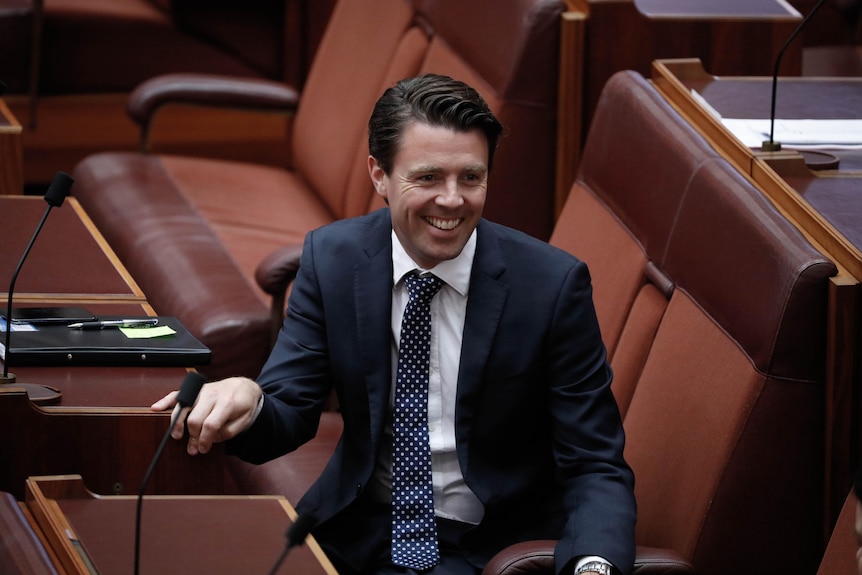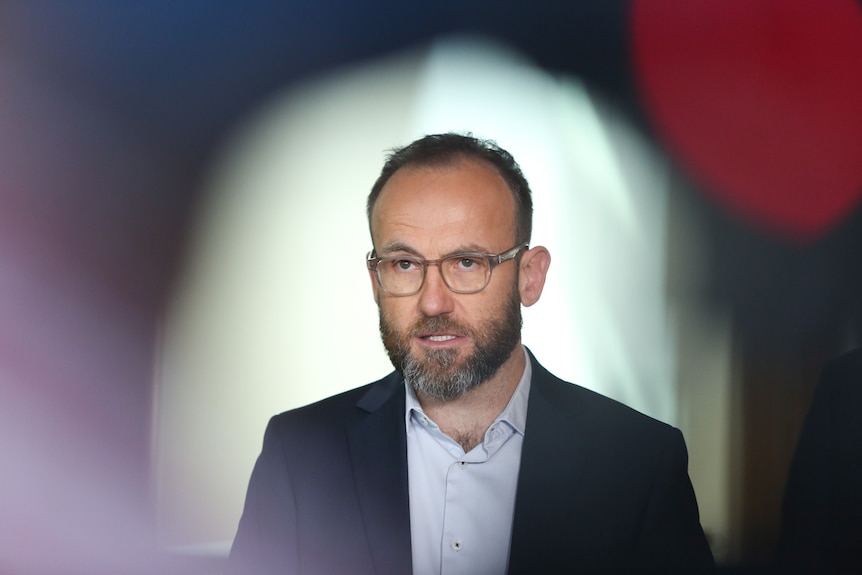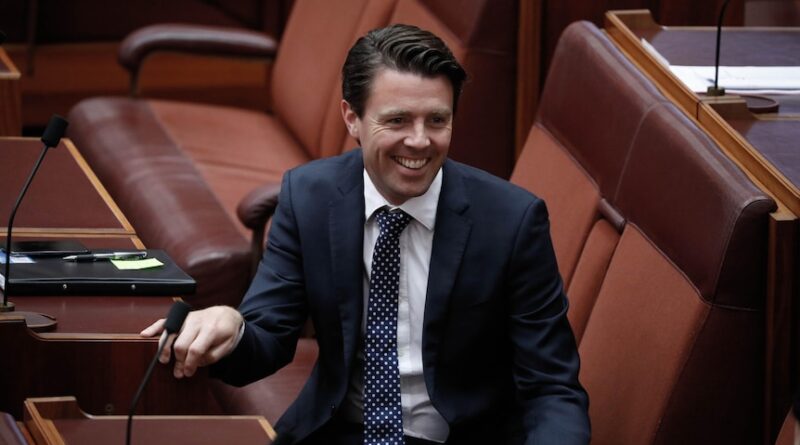Environmental reform appears to be stagnant, with delays and inconsistencies holding back change
Plans to reform the country’s environmental laws have been delayed again, with Labor struggling to get any support for its “Nature Positive” legislation.
The difficulty in promoting the laws has the potential to cause international embarrassment for Environment Minister Tanya Plibersek, who is hosting the Global Nature Positive Summit in Sydney in October.
Labor’s problem with environmental reform is compounded by the inability to get support from the Greens or the Coalition for its Future Made In Australia plan to accelerate the development of key minerals needed for the renewable energy transition. .
The environmental protection laws were introduced to parliament in March as part of efforts to reform the act that governs the government’s environmental approval for development applications, known as the Environmental Protection and Plant Protection Act (EPBC).
The current move involves creating a new federal agency called Environment Protection Australia (EPA) to enforce decisions made under environmental laws.
The Senate Appropriations Committee has pushed back its report date for a second time after failing to reach an agreement, and will now not complete its report until next month.
Despite widespread agreement that Australia’s environmental laws are no longer fit for purpose, Labor has so far been unable to convince the Coalition or the Senate crossbench to support this reform initiative.
‘A very long way to go’ before the Coalition or the Greens roll back environmental laws
Both the Coalition and the Greens are frustrated by the postponement of many promised changes – such as the introduction of national environmental standards to guide the assessment of development applications.
Opposition environmental spokesman Jonno Duniam said “negotiations are taking place” but “there is a long way to go”.
“The government has not introduced laws to replace the broken laws we have for environmental permits. Instead, all we are discussing and discussing is a series of laws to create a new system to manage those broken laws,” he said.

Jonno Duniam said the Coalition is far from supporting changes to the EPBC Act. (ABC News: Matt Roberts)
The government’s decision to introduce the changes in stages has allowed for ongoing discussions with environmental and business groups, but means that the most important changes have been left until the end of the process.
It is unlikely that the national environmental standards will be agreed and passed by parliament during this term of government, which was promised by Labour.
The ‘nature positive’ world conference looks at problematic policies
At the UN conference on biodiversity in 2022, Ms Pliberek announced that Australia will host the next meeting, the “Global Nature Positive Summit”, in her hometown of Sydney in 2024.
It will see many of the world’s environment ministers and global business representatives come together to push the case for private investment to support “nature’s recovery” between now and 2030.
The government passed legislation for a “nature restoration” market earlier this year, which allows landowners to earn money that can be sold to protect nature.
But it passed parliament only after Labor struck a deal with the Greens that scrapped the use of multilateral debt to offset environmental damage, greatly reducing the incentive for the private sector to invest in the project. .
However, the government remains optimistic that going forward, it will lead to more private investment in projects that improve biodiversity.
The Global Nature Positive Summit Ms Pliberek will co-host with NSW Environment Minister Penny Sharpe aims to accelerate similar initiatives around the world.
Between the market for natural remedies that is already on the ground and the stalled changes in environmental law with the same label of “good nature”, it seems that Ms. Pliberek will have a positive development. limited reporting as a conference host.
The Coalition says no, but the Greens are opening the door to talks on Future Made In Australia
The federal government is also trying to secure parliamentary votes for its flagship Future Made In Australia revitalization plan, which includes billions of dollars in funding for the development of precious minerals and hydrogen. green
Opposition resource spokeswoman Susan McDonald said the Coalition would not support the legislation.
“We believe that the tax incentives (for precious minerals and raw hydrogen) are poorly targeted, too slow, (and) not clear on the benefits,” he said.
Greens leader Adam Bandt accepted the Coalition’s refusal by offering to support it in exchange for guaranteed public investment in green energy supported by tax farmers and investment in precious minerals.

Adam Bandt opened the door to the Greens backing the Future Made in Australia Act, with some key changes. (ABC News: Floss Adams)
In a series of “principles” issued late on Tuesday, Mr Bandt opened the door to an agreement with Labor on the legislation, which is due before the House of Representatives this week.
The Greens have said they will reject a vote in the lower house and draw up their final position when the legislation reaches the Senate, no earlier than next month.
“We intend to negotiate with the government in good faith on these bills, but Labor must also be prepared to change,” Mr Bandt said.
Although some commentators have written off Labor’s chances of pulling off a major mineral industry policy, Mr Bandt’s comments suggest there is still a way for the government.
However, the key sticking point is the Greens’ demand that the law not allow new coal, oil and gas projects to replace production.
While the government is keen to introduce its package into law as soon as possible to provide certainty to investors around the world, senior Labor sources have told the ABC that the fight for independent energy production with the Greens and A coalition will be politically useful to lead. until the next federal election.
Among their questions, the Greens say the Future rules made in Australia should transfer more than $1.5 billion, which they say is directed to the Middle Arm gas processing and export facility in the NT. Instead, they say, the money should be used for clean energy.
Another red line is the assurance that FMIA funds will not support fossil fuel projects or infrastructure “either in Australia or overseas”.
There is also a requirement that the plan include “guarantees on public ownership and public return on any investment”.
“Community ownership and conservation of valuable resources will help avoid the mistakes of mining and gas first,” Mr Bandt said.
And he said Labor should create a domestic reserve for important mineral projects developed for the export market, in order to “avoid repeating the mistakes of the gas pipeline”.
A Senate committee has delayed a report on the Future Made in Australia legislation that was due to be released on Monday until September 9.
#Environmental #reform #appears #stagnant #delays #inconsistencies #holding #change
